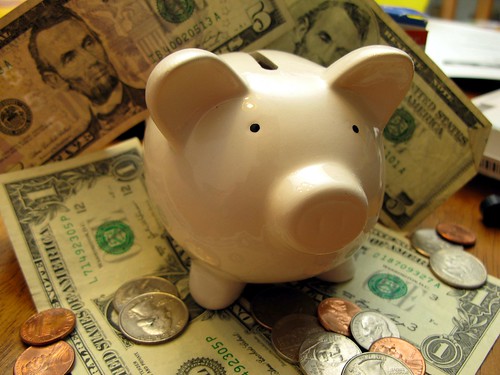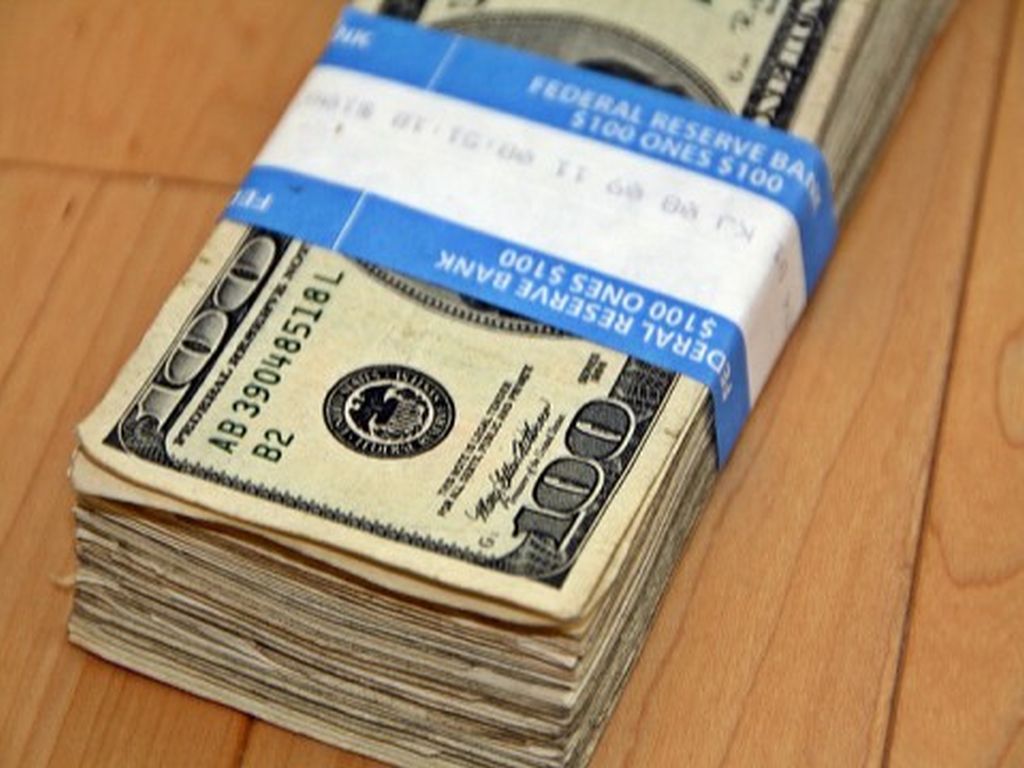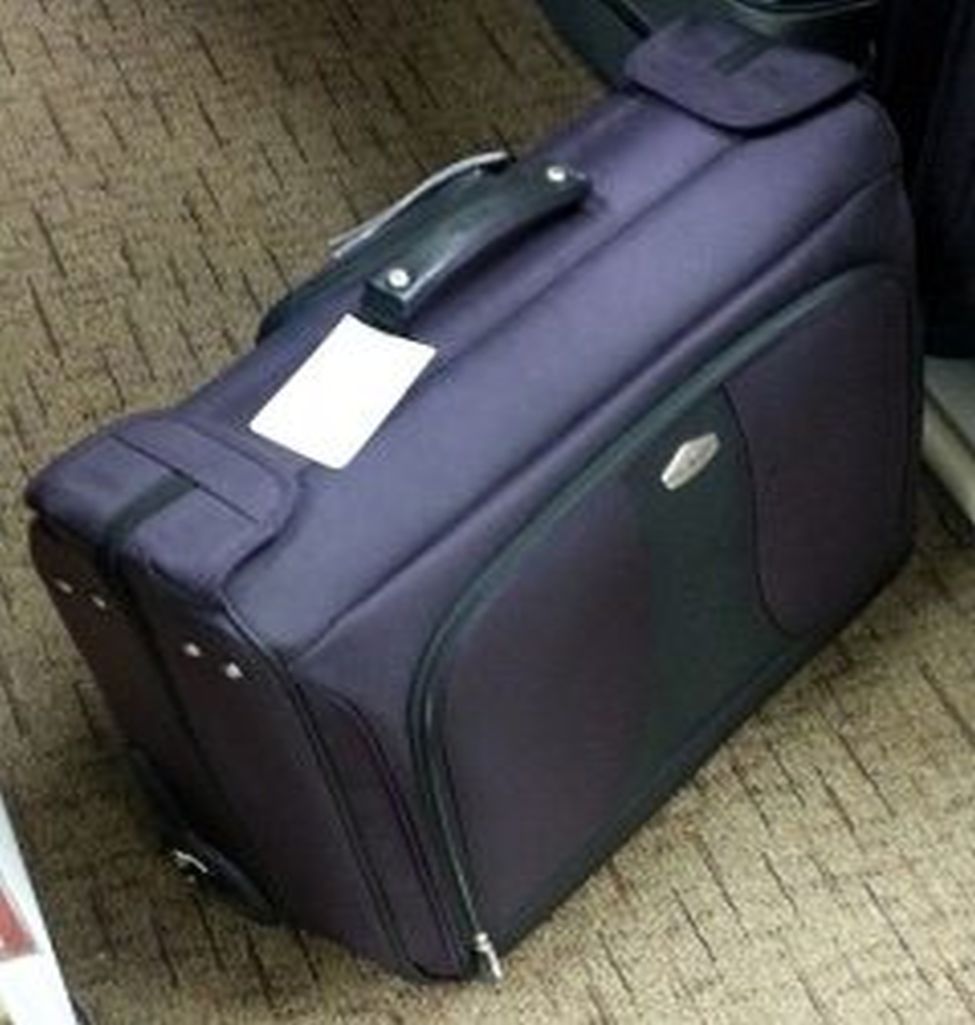Do you remember your first bank account? Mine was when I was 8 years old. My parents gave me an allowance but I had to put $5 away each week into a savings account. This was back in the 60’s and, at the time, it was a local bank.

frankieleon via Compfight
Times have changed and selecting a bank isn’t as easy anymore. Each bank has benefits and negatives about it. If you don’t want to feel like you’re being taken advantage of, you need to take more time evaluating banks and determining which one fits your needs the best before you go putting your money in one.
Here are 5 things you should evaluate banks on based on your circumstances.
1. Bank Fees
Let’s get this one out of the way. All banks have fees; that’s just the fact. In 2015, the 3 biggest banks in the country made $6 billion off ATM & overdraft fees alone; ouch! That’s not including monthly fees for having balances under certain amounts or not using your debit card enough times during the month, or wanting paper bills instead of going electronic.
You need to ask the big “fees” question up front. When to overdraft fees begin? How many times a day will they hit you up? If they deny payment on your debit card because you don’t have enough in there to cover the purchase does that trigger a fee? Is banking free if you do direct deposit?
Most banks will have a brochure of every fee they charge. You should get this from more than one bank and do a comparison to see which fees you can deal with and which ones are non-negotiable. If you need a business account, most banks don’t charge fees for those any longer. It’s a big consideration whether you use it rarely or often.
2. ATMs
In the day of ATMs everywhere, we can access our money 24/7. However, some ATM fees are higher than others, and in some cases if you can get to the right ATMs there’s no charge.
If you’re someone who stays close to home all the time so you can easily get to your bank to use their ATM then this is something you can take off your list. If you travel a lot then this can become a big issue.
Traveling often is the only time to think about using major banks because they probably have ATMs in many locations across the country that you can access without a fee. There are some credit unions that not only allow you free withdrawals at other ATMs but will reimburse you for fees some of those ATMs might charge you.
3. Debit Cards
It’s smart to get a debit card rather than just a card to be able to take money out of an ATM, but some of them come with drawbacks. Some banks charge a fee if you don’t use it a certain number of times each month, while some charge you for the privilege of being able to use your own money like a credit card. For personal accounts you should never have to pay for the right to have a debit card; business or corporate cards are a different matter since you get to claim those fees on your taxes.
4. Loans
Major banks don’t like this type of advice, but if you see yourself needing some kind of future loan then you need to check out local banks or credit unions first. Large banks have lots of money to loan, but their criteria might make it harder for you to get the loan if you’ve had a few blips along the way. Local bankers get to know you and your patterns a bit better, and more often than not they’ll be more willing to take a chance on you, although you still might have to deal with a higher interest rate for that loan.
Credit unions are… well, they’re just different. Sometimes you’ll get a better rate, sometimes you won’t. It depends on the type of credit union and its users, which is why it’s hard to make a blanket statement about them. It’s another good reason to do a full evaluation before going in that direction.
5. Stability
Remember that bank I mentioned where I had my first account? Over the years that bank was bought out by multiple chains and the terms kept changing, until one day I noticed I had almost no money in that savings account. Seems they decided that because my account was grandfathered that it cost them more money to maintain than it was worth and literally drained my savings account.
That’s partially my fault because I rarely checked on the balance, as I was using a different bank more regularly. I’d put a few dollars in every once in a while thinking that’s all I needed to do, since it was a rule when I was using it more often. I took my money out of that bank and moved it to another bank. Three years later the national organization that my bank had been absorbed by decided to sell off all branches and leave the country; wow!
These days we have the internet, so before you make your final decision on a bank you should do a cursory search to see what recent news there is about your bank, if any. If they’re in trouble you’ll certainly see a news story about them and know to stay away. If all is fine, you’ll either see nothing or they’ll be touting their successes.
Protect yourself; even though federal law makes all banks pay for protection, why would you want to continue going through hoops in selecting a bank? Everyone’s needs are different, so take time to select a bank that works best for you.

